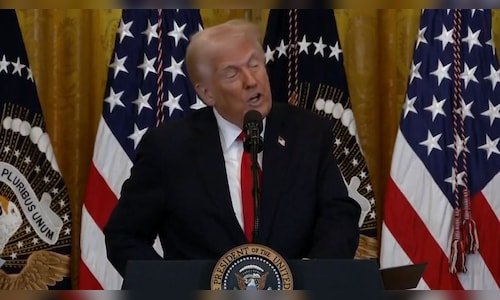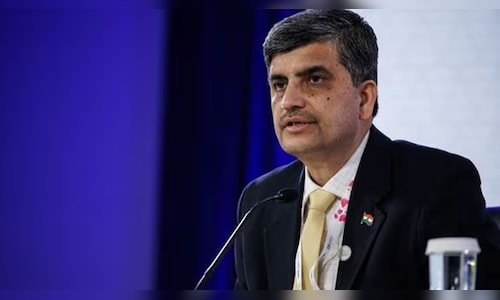The decision by the United States to impose 25% tariffs on all automobile imports, including parts, is expected to create a significant shift in the global auto industry, particularly in Asia. Automakers in Japan, South Korea, and other manufacturing hubs are evaluating their strategies to mitigate the impact.
According to Yoko Kubota, Deputy Bureau Chief at The Wall Street Journal, the tariffs could force manufacturers to relocate production to US, leading to a hollowing out of manufacturing in Asia and affecting local economies.
“All the automakers have been a little bit quiet after the tariffs were announced, and it’s probably because right at this moment, they’re trying to calculate the actual impact. Some of the details haven’t been ironed out, and they don’t really know some of the ways to calculate this, but nonetheless, it would possibly have an impact,” Kubota added.
While companies weigh their options, the permanence of the tariffs adds another layer of complexity. Unlike previous tariffs that were open to renegotiation, Trump has called this measure a “permanent” policy. This could force automakers to adopt long-term shifts in their manufacturing strategies, Kubota said.
Meanwhile, Chinese car manufacturers like BYD and SAIC are continuing their global expansion despite rising trade barriers. BYD has already set up production in Uzbekistan and Thailand, with plans for Hungary and Turkey. The company’s leadership believes that Chinese automakers are no longer just followers but are now positioned as global leaders.
While the US moves towards protectionist policies, Chinese President Xi Jinping has positioned China as a champion of globalisation. During a meeting with about 40 top executives from major global firms like Qualcomm, Blackstone, Toyota, and Pfizer, Xi emphasised that globalisation is “unstoppable” and reassured foreign businesses that China remains open for investment.
Kubota found this message particularly striking, as it stands in stark contrast to Trump’s trade policies. “Xi’s message about globalisation and multilateralism is quite interesting when you compare it to what’s happening in the US,” she noted.



